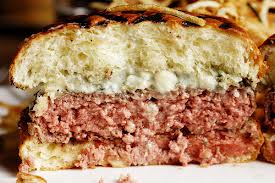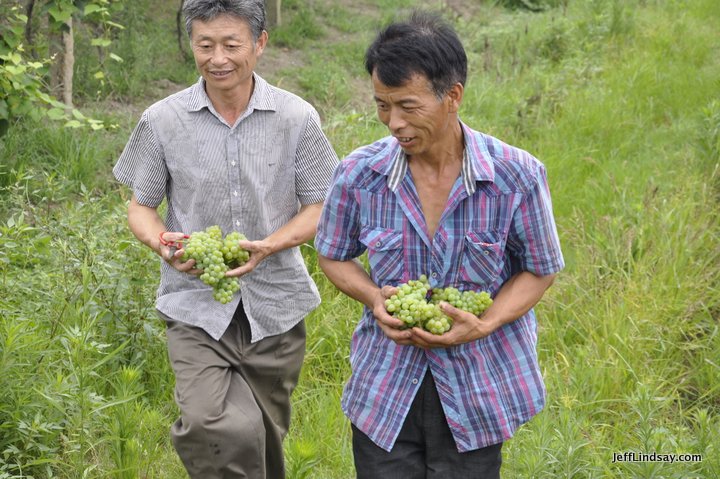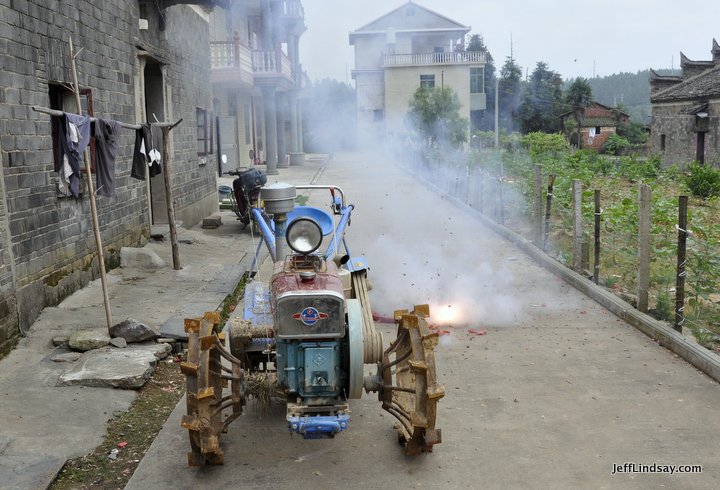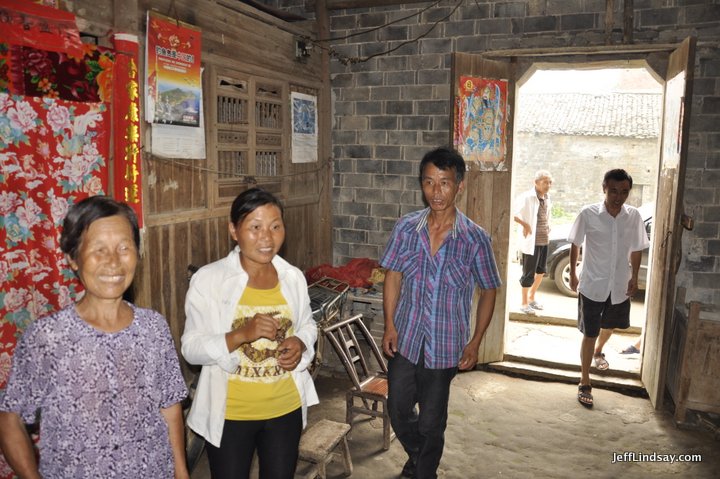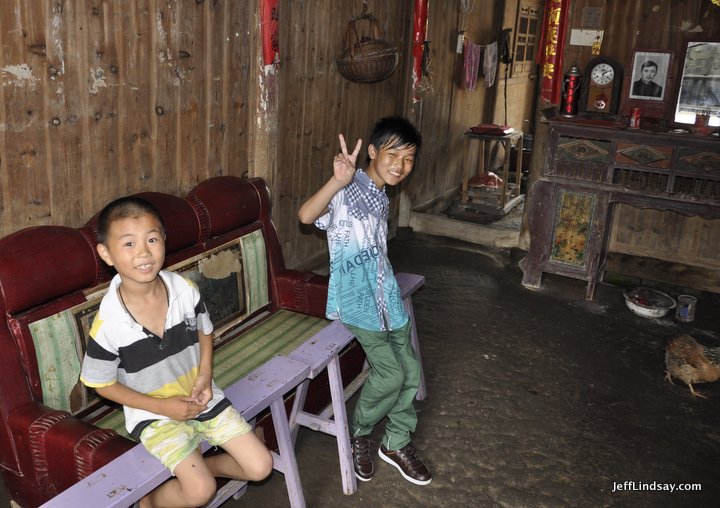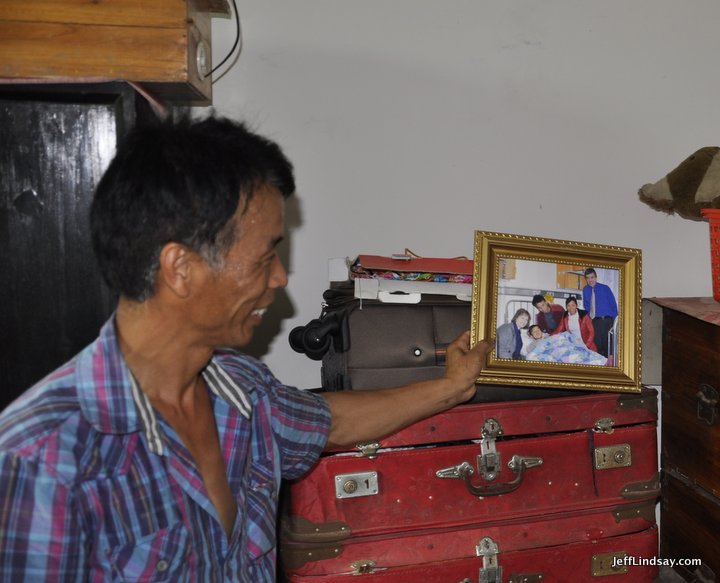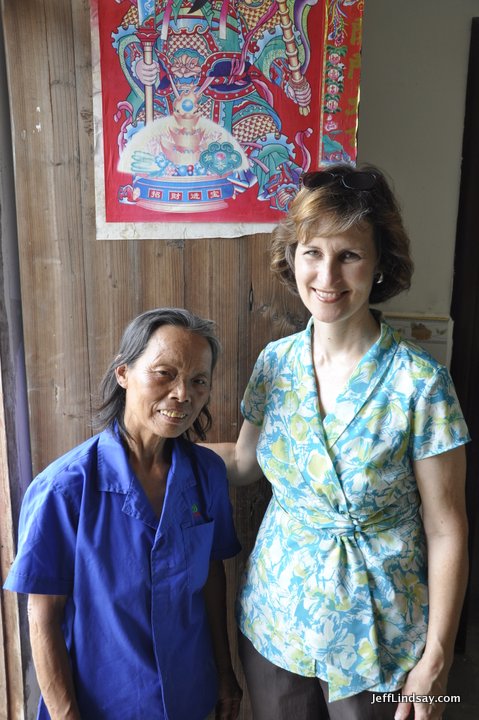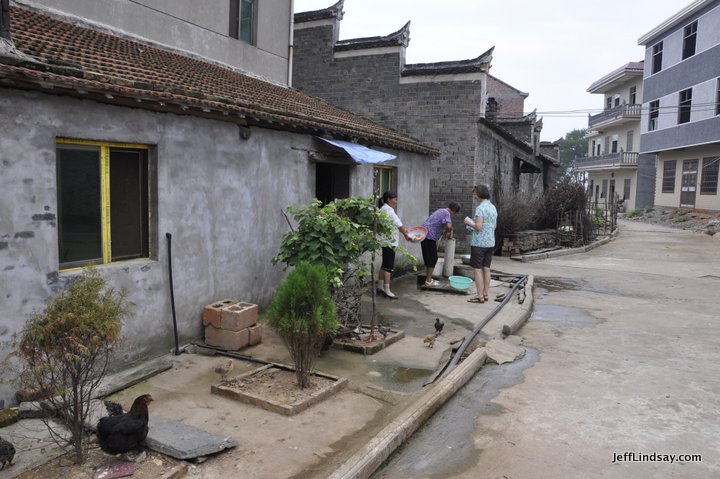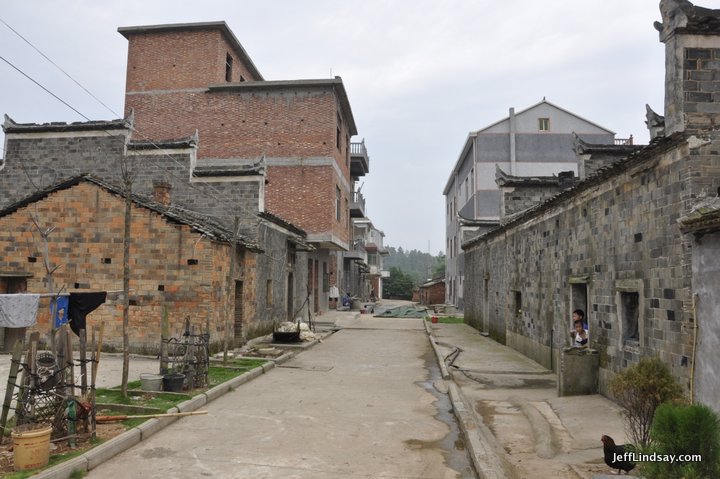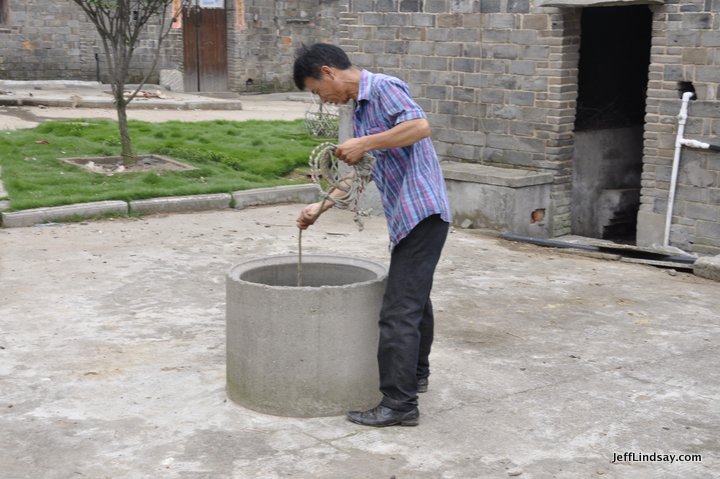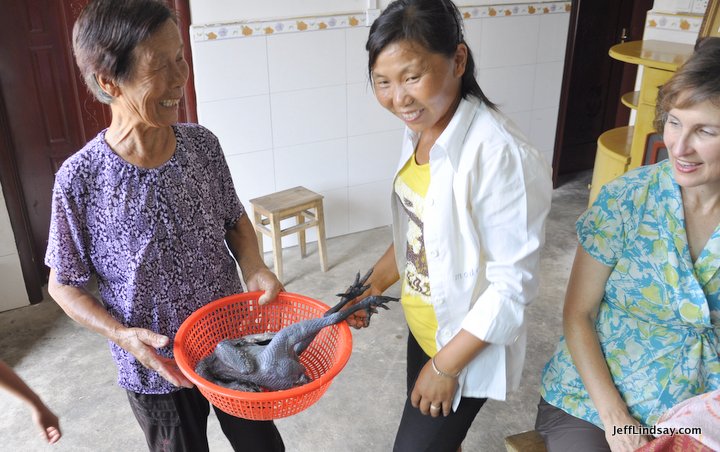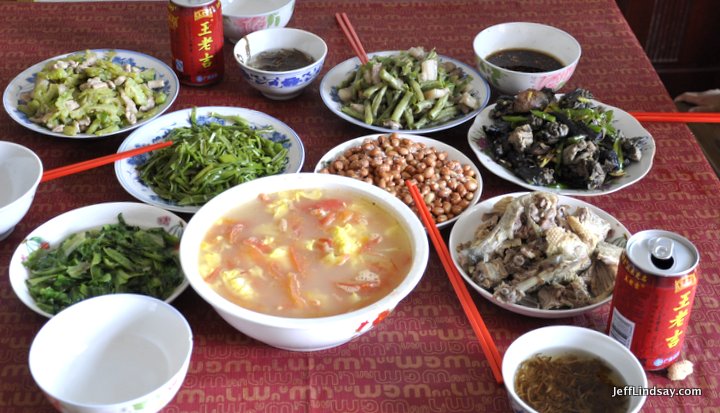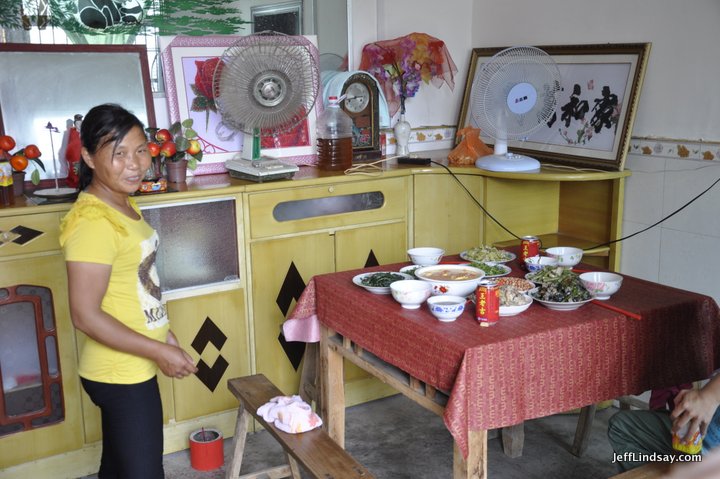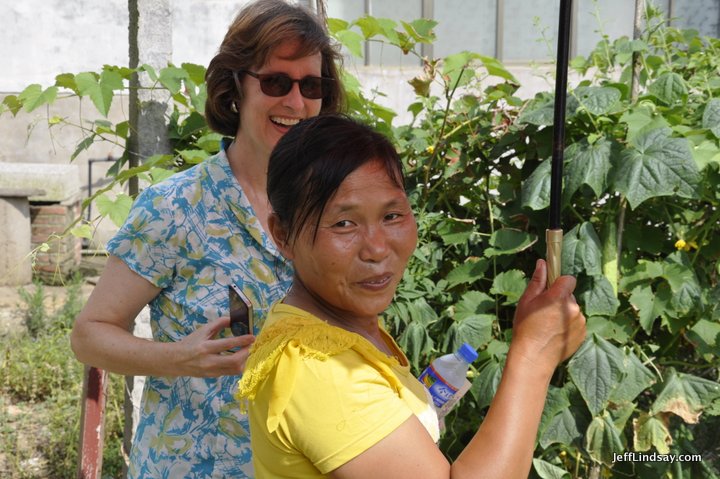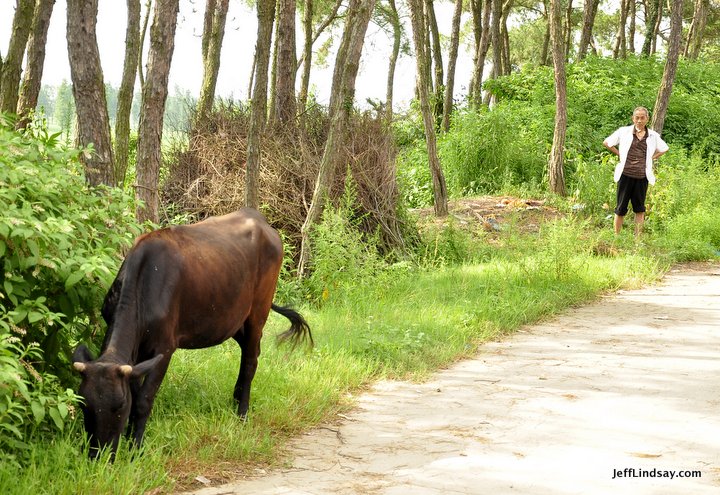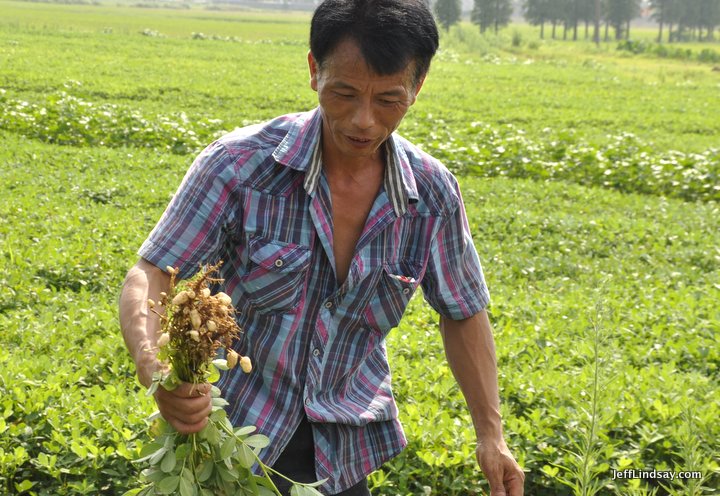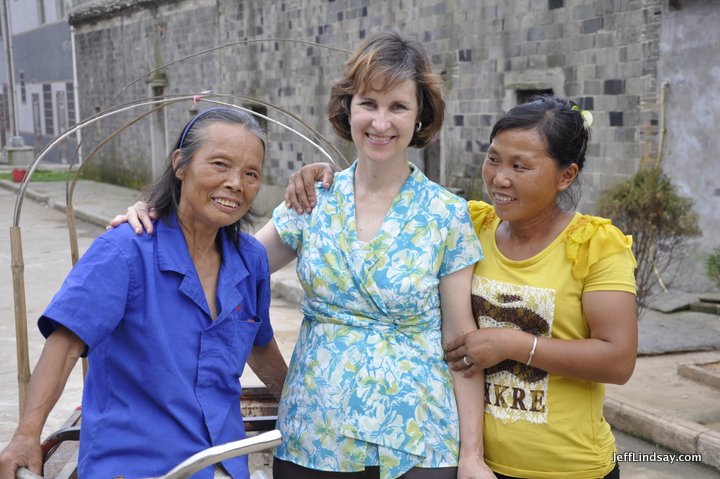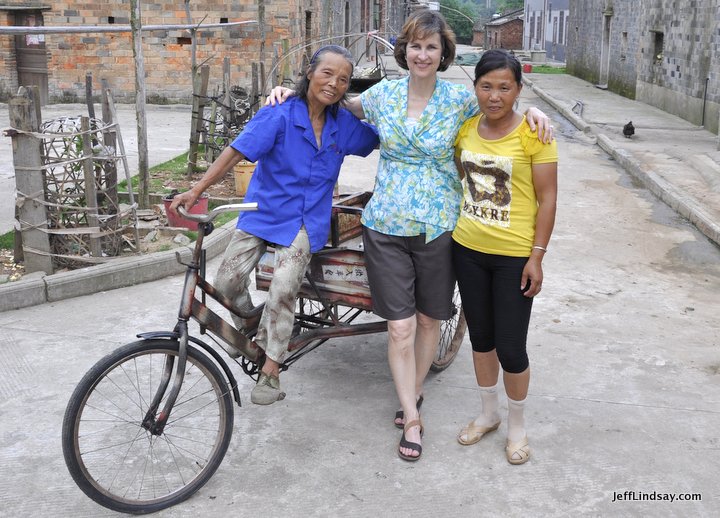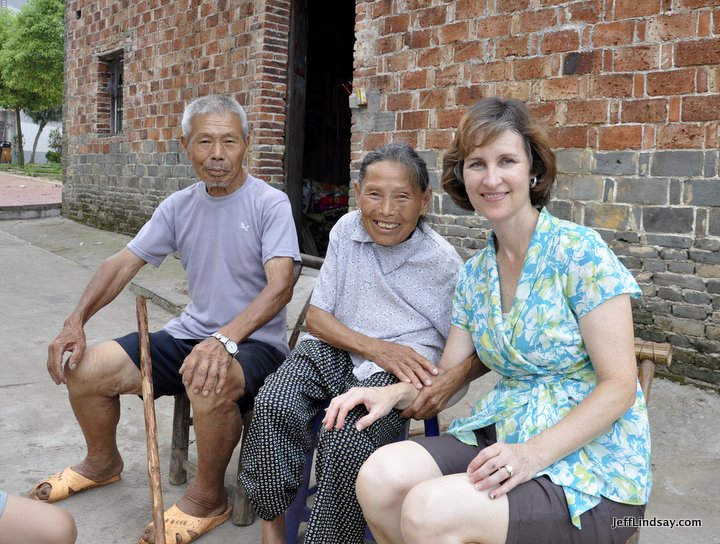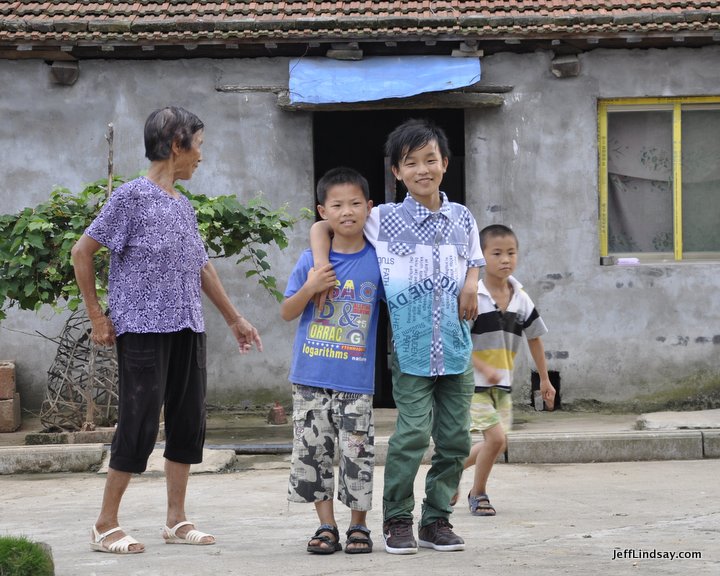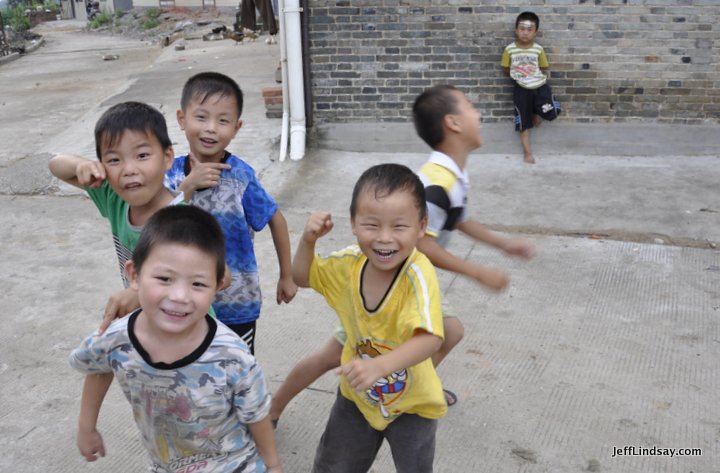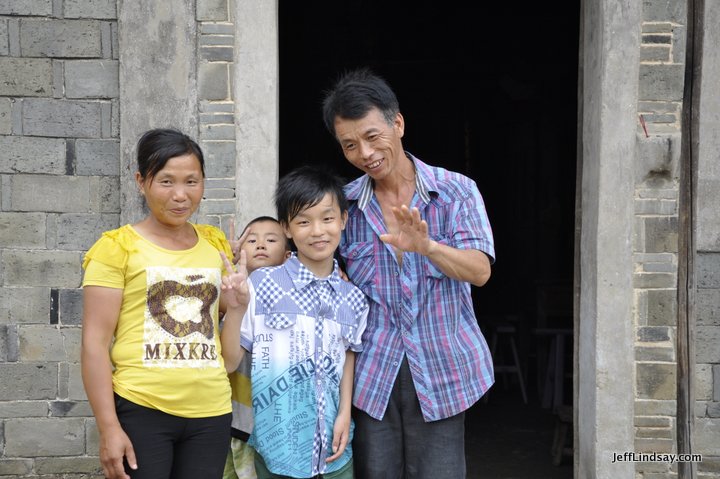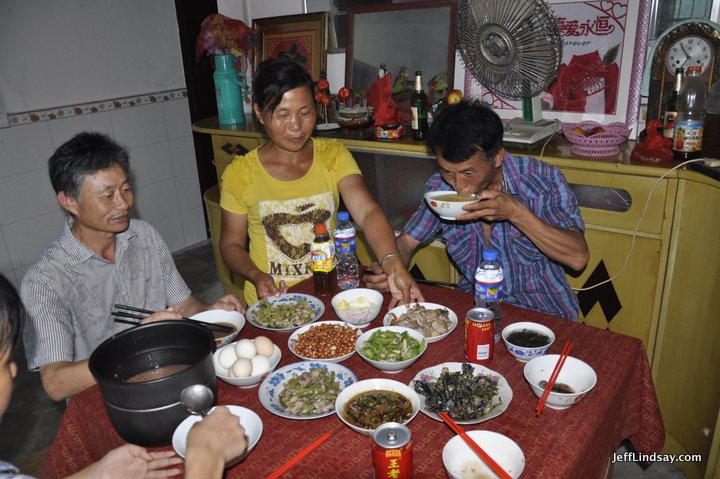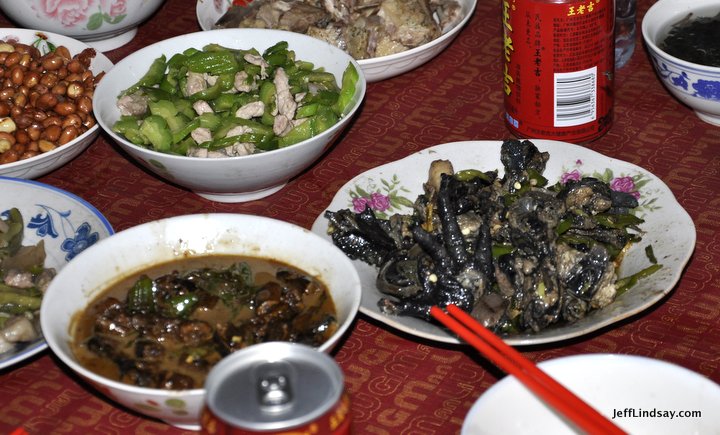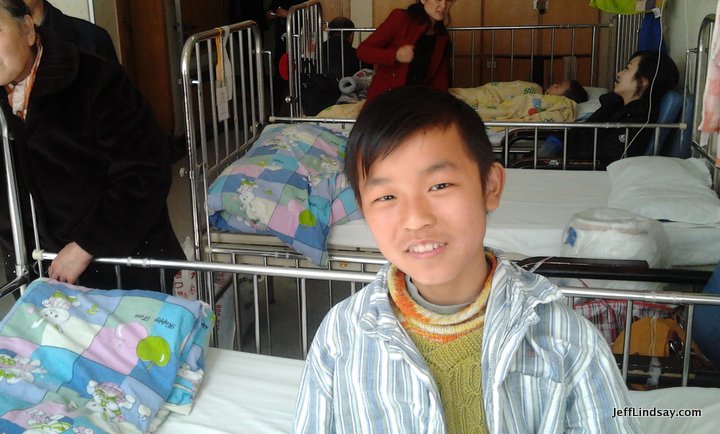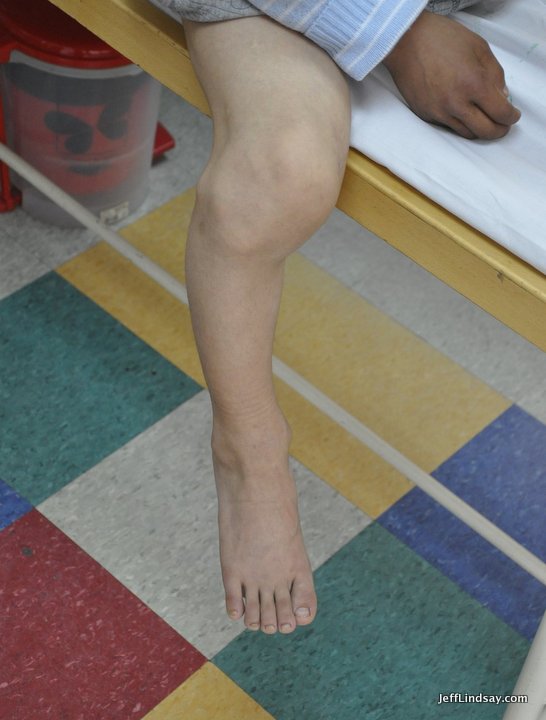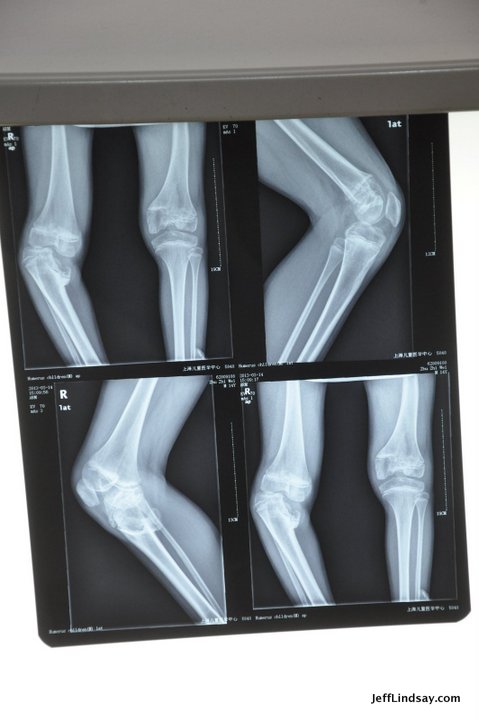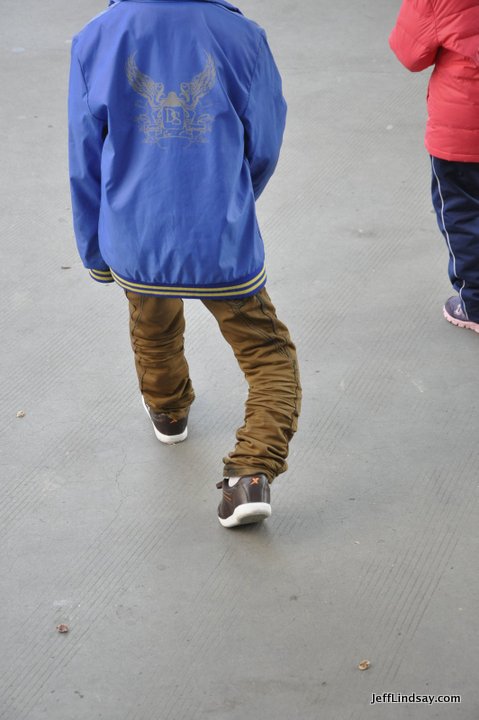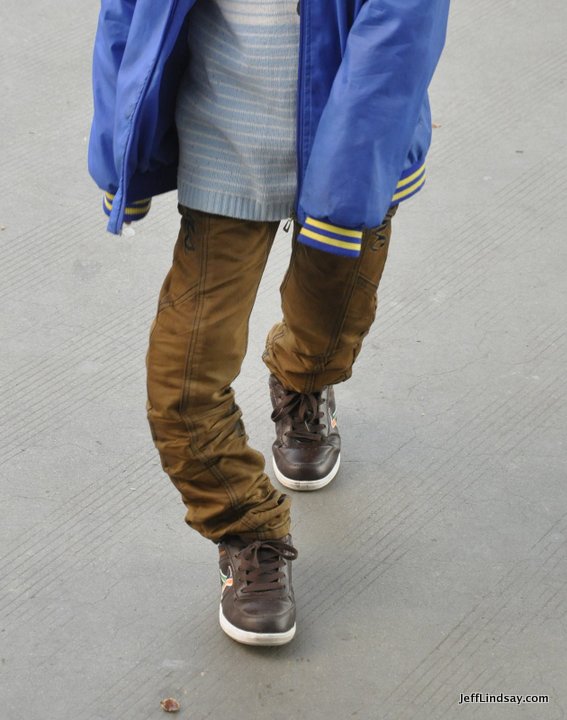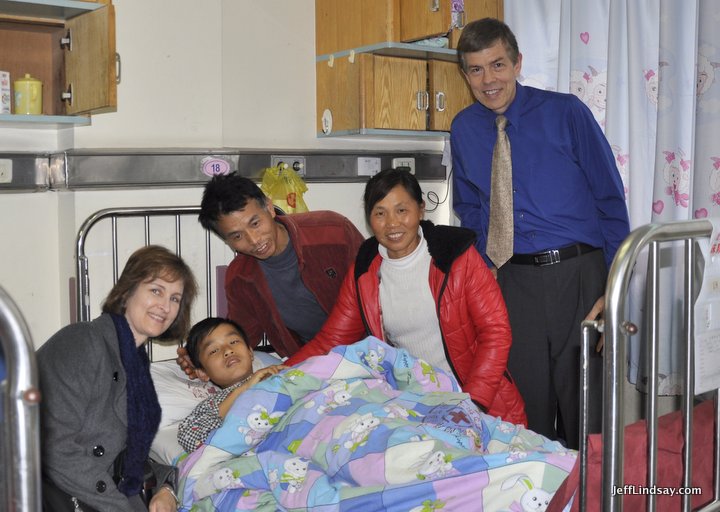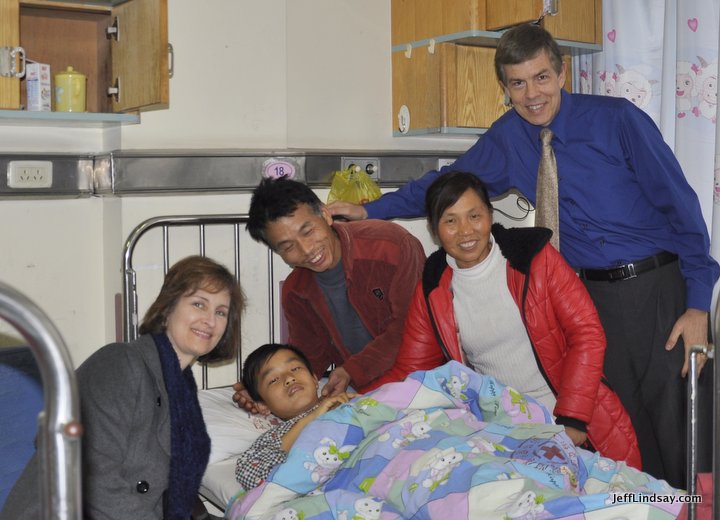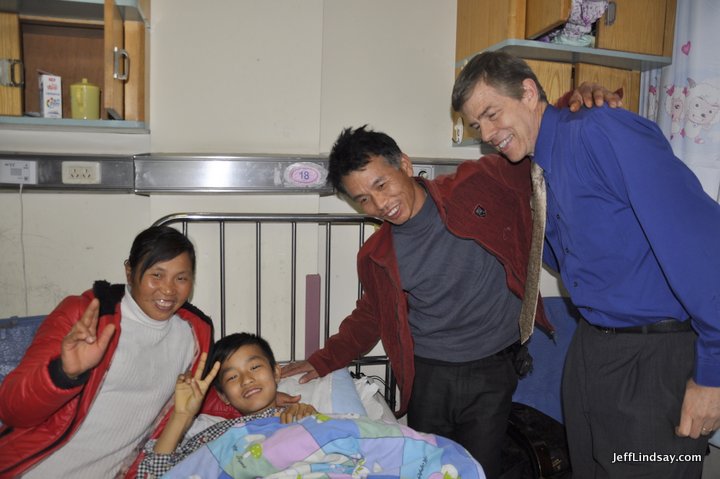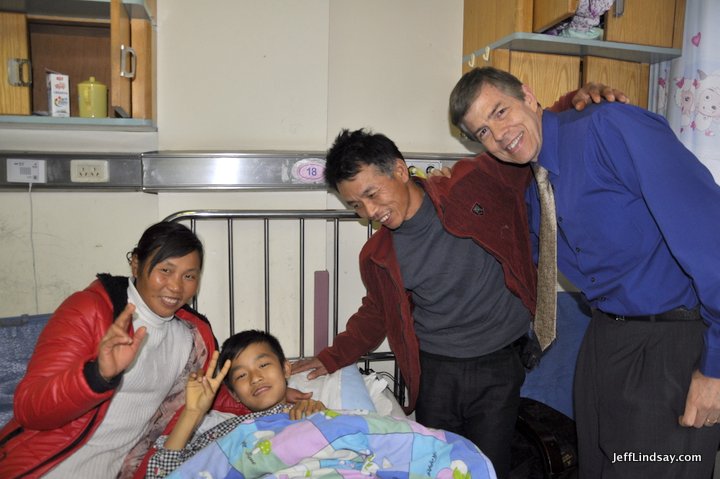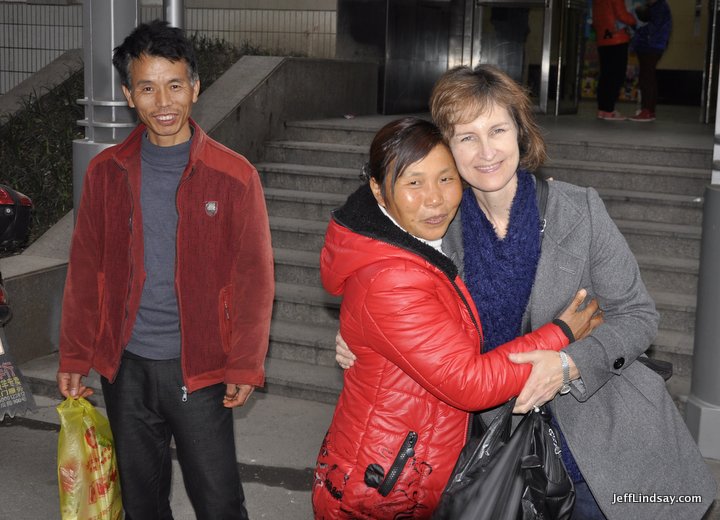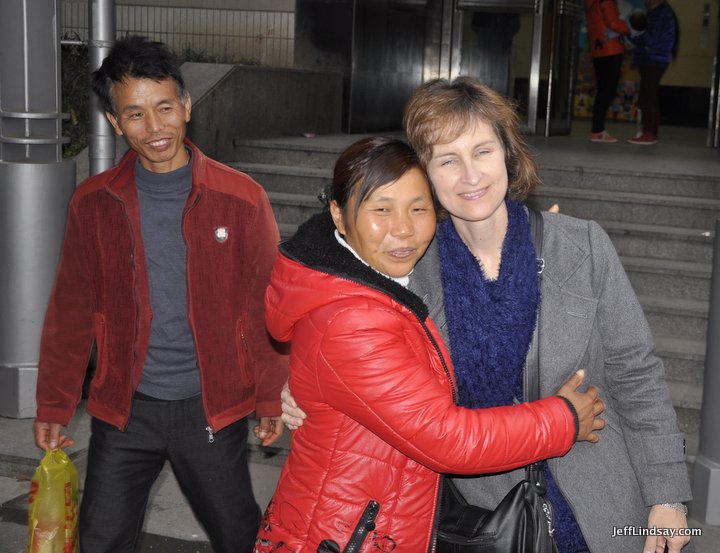One Nutritional Supplement You Probably Need in China: Vitamin D3
The medical literature tends to suggest that people waste a lot of money on the vitamins and other nutritional supplements they buy. But here in China, there is a vitamin that I think you may need: D3. Vitamin D3 is normally created in our skin by sunlight, but sunlight is sadly lacking in typical Chinese cities because of the air pollution. Even when there is sunlight, there is not much UV light getting through the haze. In the US, people also get some Vitamin D in dairy products since it is routinely added to milk, but I haven’t seen evidence of that being standard in China and dairy products tend to be a much smaller part of one’s diet here.
Lots of people here have lingering colds and coughs. In a couple of cases I know, giving the sufferers regular vitamin D3 helped them get back to normal. D3 is said to play a role in strengthening the immune system and other systems. It’s something we really need in China. You can buy it here, but it’s much more expensive than in the U.S., so I recommend that if you are coming to China for a long time, bring a good supply of Vitamin D3 with you and stay healthy.

